Back to Courses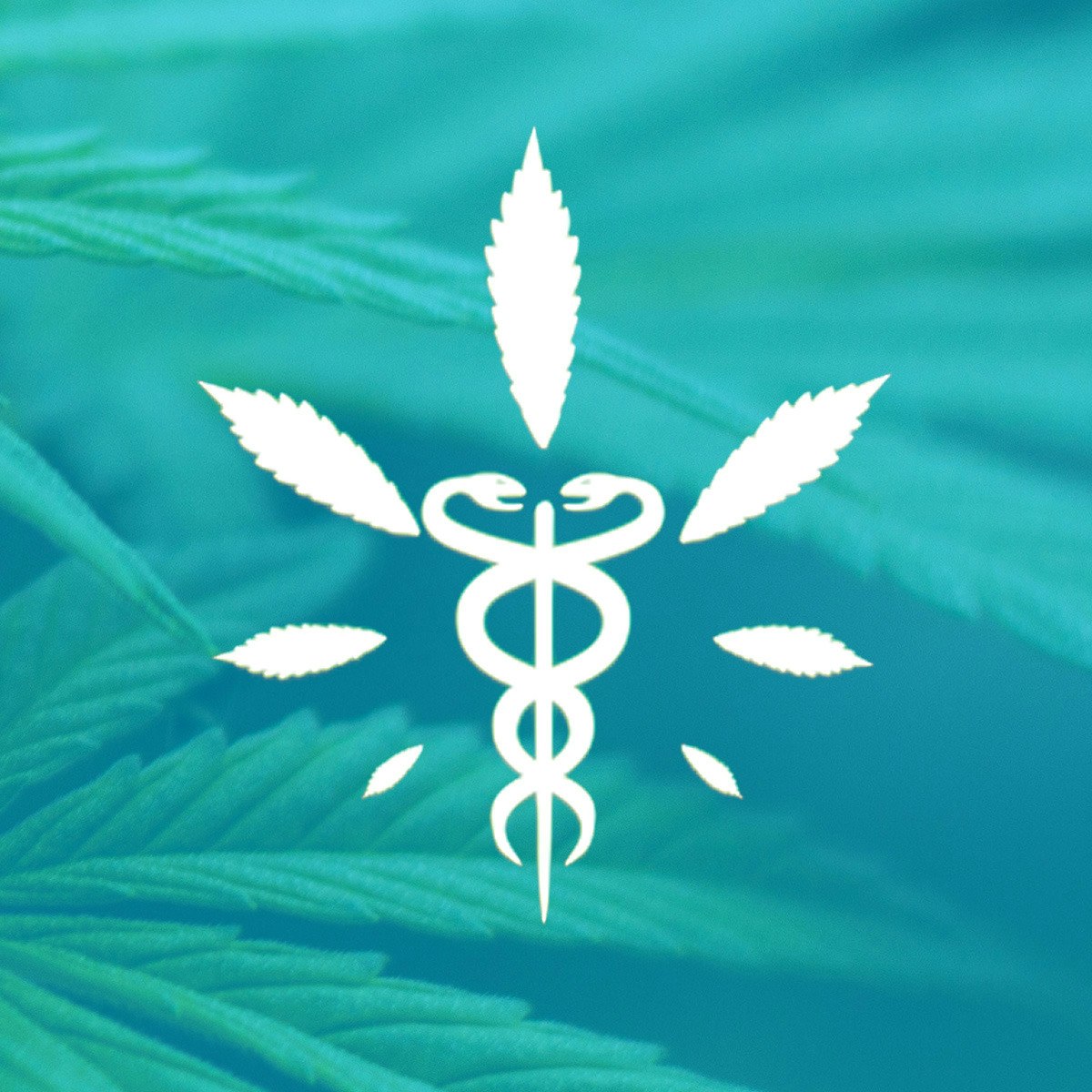
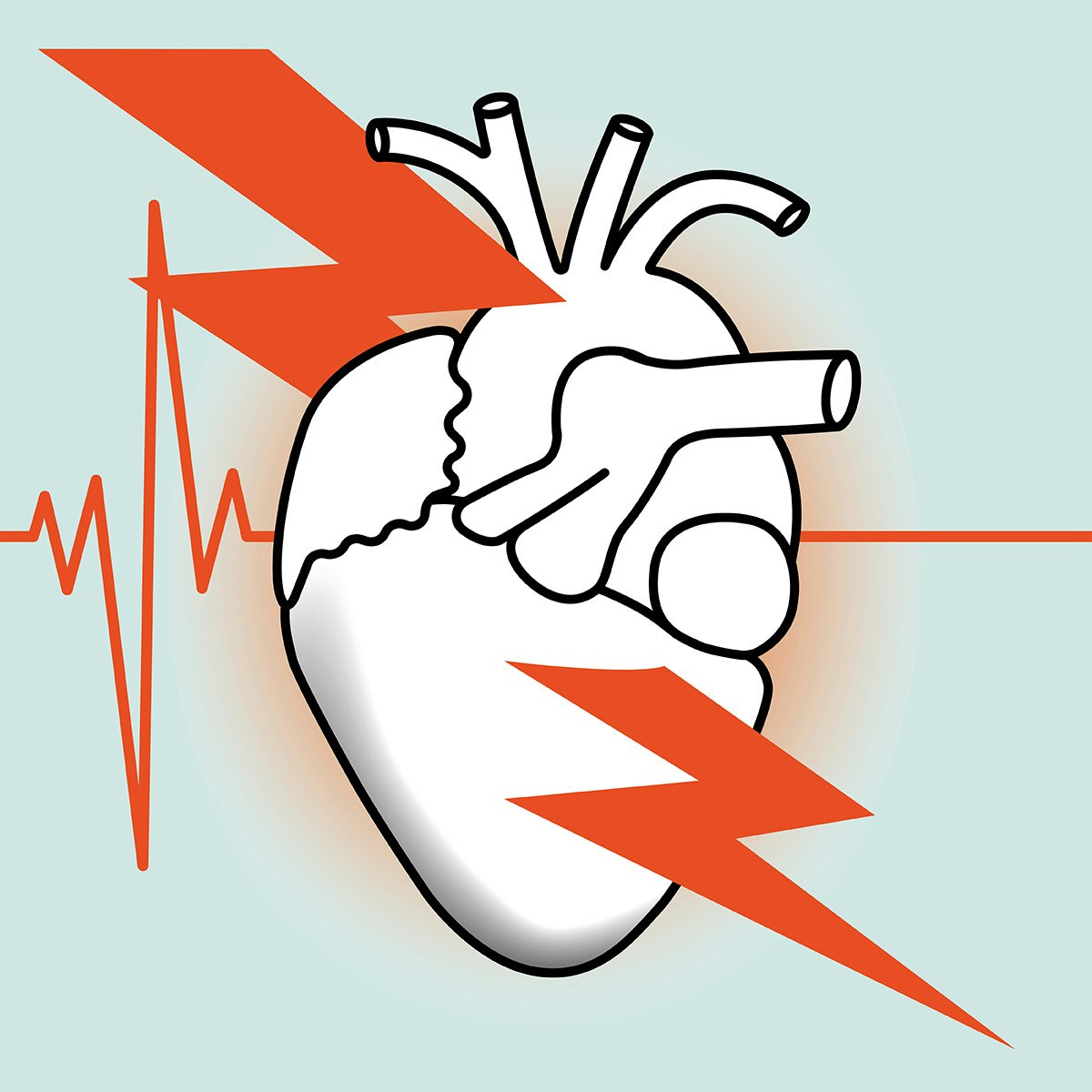
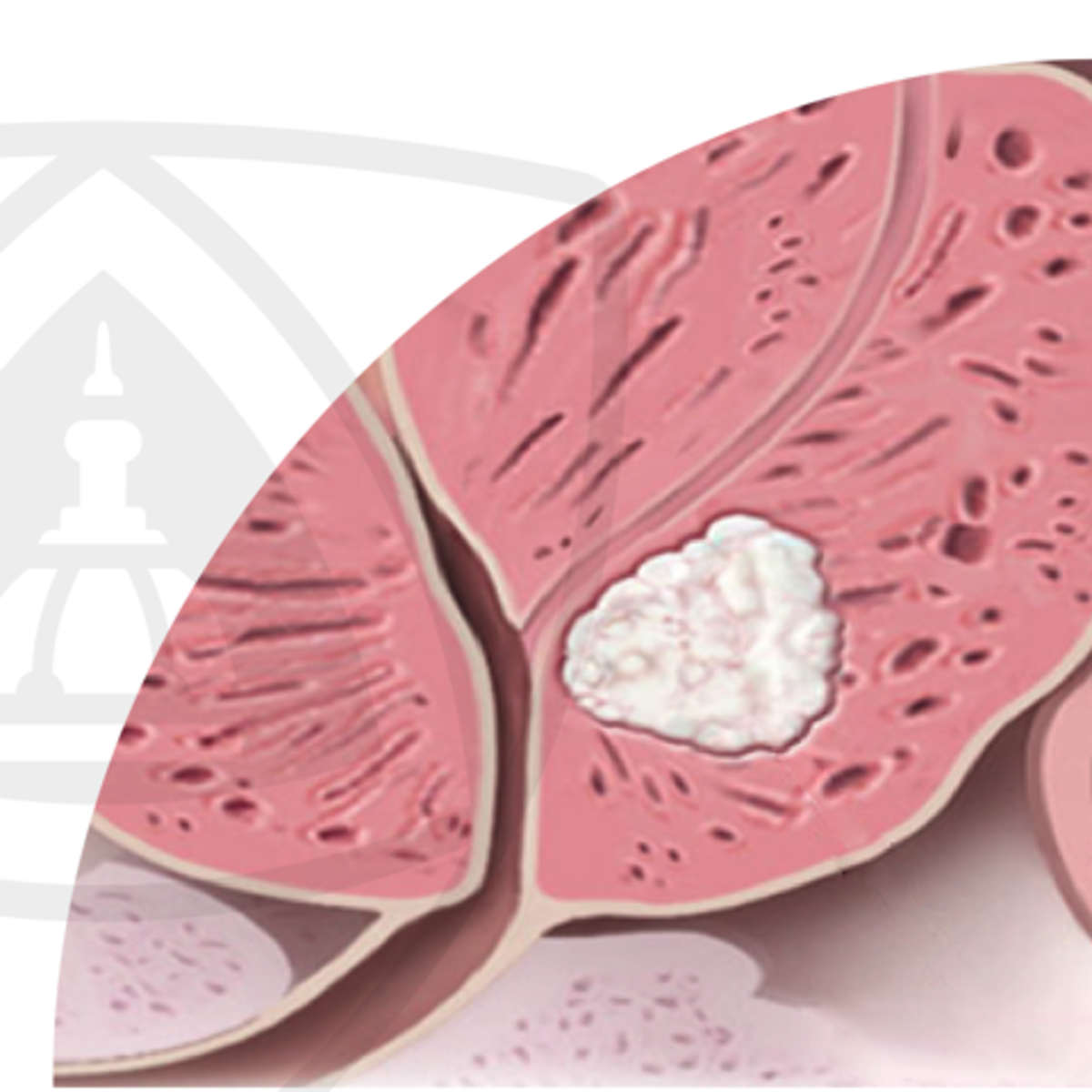

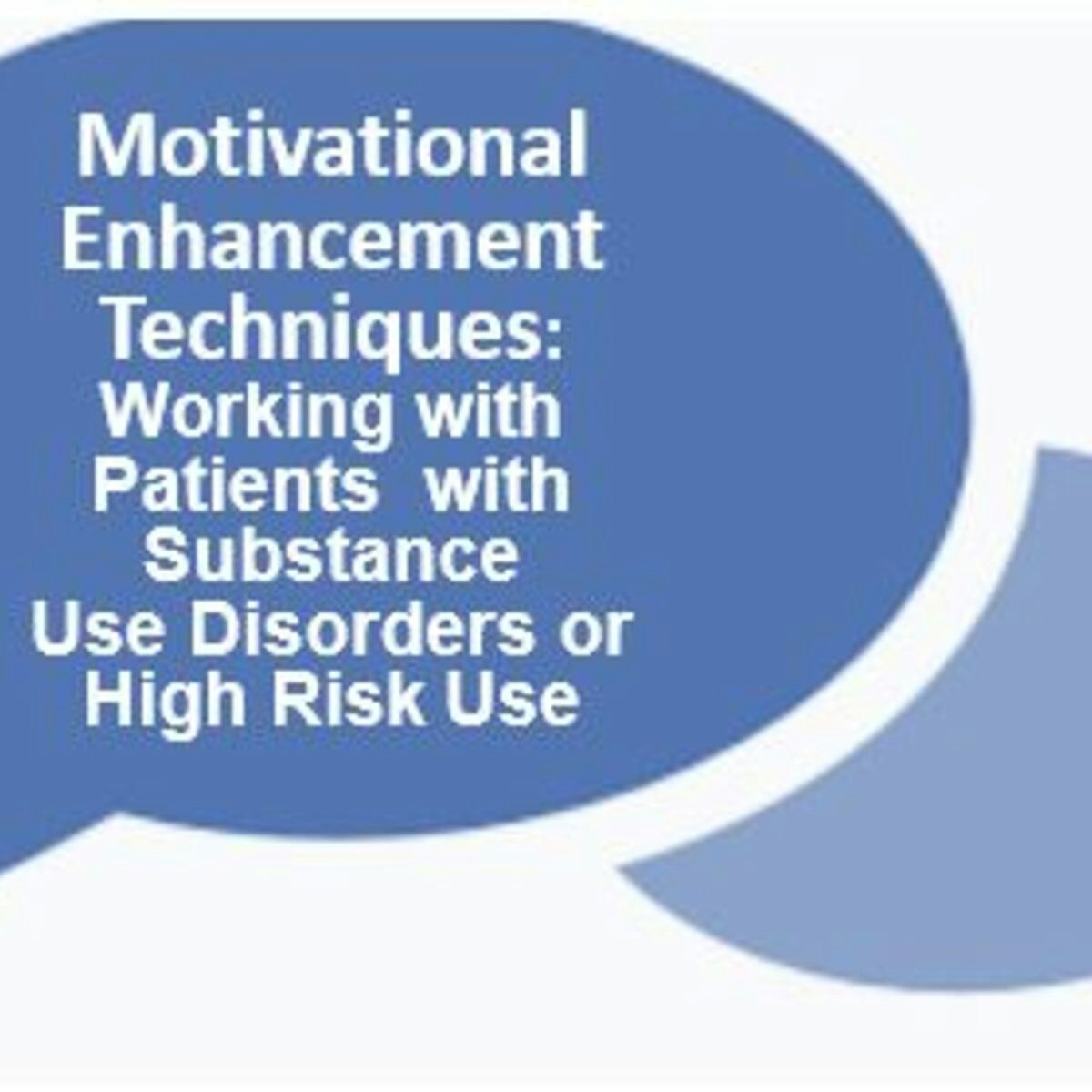



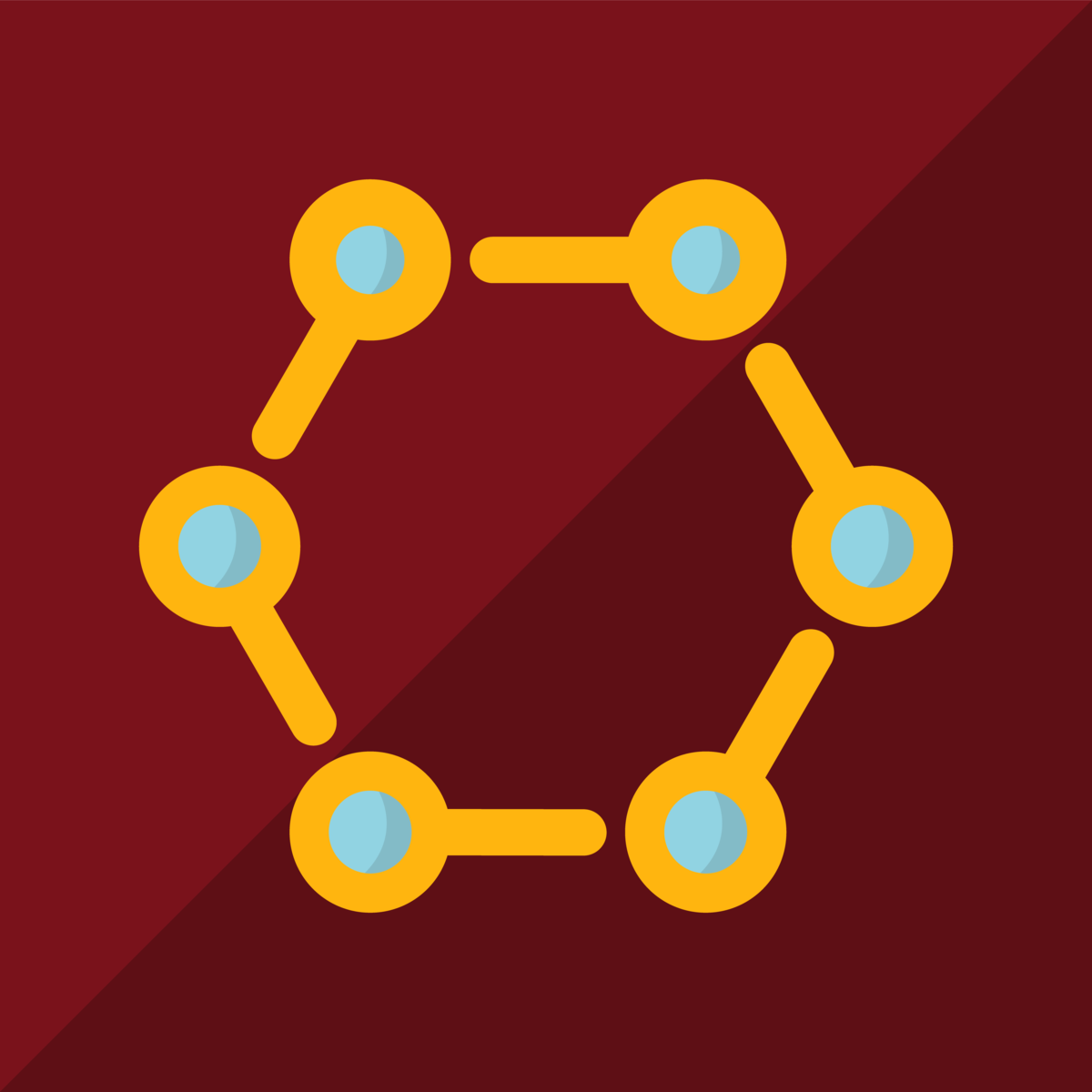

Patient Care Courses - Page 3
Showing results 21-30 of 89

Medical Cannabis for Pain Control
Cannabis is a group of flowering plants that has been long used for industrial, recreational and medical purposes. When relating to its medical use, the terms "Medical Cannabis" or "Medical marijuana" has become prevalent. In this course we will use the term "Medical Cannabis". Nowadays, Medical Cannabis involves multiple medical disciplines such as neuroscience, pain, pharmacology, oncology, psychiatry and more. Moreover, it has cultural, agricultural and social, legal and political implications.
This course will give you a solid ground to understand the whole picture.
By completing this course, you will gain a broad understanding and knowledge base related to medical use of cannabis for pain control. You will be exposed to a wide range of topics such as historical use of cannabis in ancient times, botanic aspects of the plants, and potential benefits and risks associated with its medical use to both individuals and society.

Myocardial Infarction
Cardiovascular diseases are – according to the (World Health Organization (WHO) – the number one cause of death globally. Myocardial infarction (heart attack) is the most prominent under the Cardiovascular diseases. In Switzerland alone, the risk to develop a coronary heart disease during life time is around 25% for men and 18% for women.
Most cardiovascular diseases can be prevented by addressing behavioral risk factors, the understanding of these risk factors, their mechanisms and impact on the cardiovascular system.
In this context our course aims to approach the complex field of myocardial infarction in two respects: medical education and awareness of a broader audience.

Understanding Prostate Cancer
Welcome to Understanding Prostate Cancer. My name is Ken Pienta, Professor of Urology and Oncology at the Johns Hopkins School of Medicine. I have been studying prostate cancer and treating patients with prostate cancer for over 25 years.
Over 1,000,000 men worldwide and 230,000 men in the United States are diagnosed with prostate cancer every year. Three hundred thousand men worldwide and 30,000 men in the US are dying from prostate cancer every year. As people live longer, the incidence of prostate cancer is rising worldwide and prostate cancer continues to be a major health problem. Thanks to years of dedication and commitment to research we’ve made enormous advances in the treatment of prostate cancer, But there is still a lot of work to be done. In this Understanding Prostate Cancer course, I will provide an introduction to the biology of prostate cancer as well as how it is identified and treated at various stages of the disease.
I've put together this course in order to introduce you to the essentials of prostate cancer.
By the time you finish this course you'll be able to
Define risk factors for prostate cancer
Understand current prostate cancer screening guidelines
Understand prostate cancer staging
Understand treatments for localized prostate cancer
Understand treatments for advanced prostate cancer
Understand treatments to alleviate the symptoms caused by prostate cancer
This Understanding Prostate Cancer Course should be helpful to anyone who wants to develop a deeper understanding of prostate cancer biology and treatment. It should be useful to students who are interested in a deeper understanding of the science of cancer. It should also be helpful to health care providers, data managers, and educators who wish to develop a better understanding of prostate cancer and how it affects individuals. The course is not designed for patients seeking treatment guidance. For those of you who might be thinking about a career in cancer research or patient care, I hope this course will inspire you to pursue that path! The course is divided into five modules organized to facilitate learning.
I'm glad that you decided to join this course. I hope that you will develop a basic understanding of prostate cancer. I hope that it will help you in whatever field you work. If you are a student, I hope that what you learn here will help you begin a career in cancer biology research and contribute to the worldwide effort to save lives.

Healthcare Data Security, Privacy, and Compliance
In the final course of the Healthcare IT Support program, we will focus on the types of healthcare data that you need to be aware, complexities of security and privacy within healthcare, and issues related to compliance and reporting. As a health IT support specialist, you’ll be exposed to different types of data sources and data elements that are utilized in healthcare. It’s important for you to understand the basic language of healthcare data and for you to recognize the sensitive nature of protected health information (PHI). Maintaining data privacy and security is everyone’s responsibility, including IT support staff! We’ll go into detail about HIPAA and the risks associated with security breaches, ransomware and phishing. We’ll go into detail about some of the key laws and regulations specific to healthcare and the importance of compliance with them.
You'll leave this course well versed on the Stark Law, the Joint Commission and the purpose of quality measures.
We wrap up the Healthcare IT Support certificate with tips on job interviews, skills that can make you standout, and words of advice on the endless possibilities in this dynamic and growing field. Make sure you talk to others who’ve been there before about the process of being hired at a large health system. Be rest assured that you’ll receive training when you start a new role, and you might even be partnered with someone else for the first few weeks as you get onboarded. Remember, this is not the end--rather, it’s just the beginning of the next step in your journey!

Motivational Enhancement Techniques: Working with Patients with Opioid & Substance Use Disorders or High Risk Use MAT Waiver Training Supplemental Course
WORKING WITH PATIENTS WITH SUBSTANCE USE DISORDERS OR HIGH RISK
This optional online course opportunity is made possible through a joint partnership with University of Virginia School of Medicine (UVASOM) and Nursing (SON) and the American Academy of Addiction Psychiatry (AAAP), DATA 2000 sponsor. This content was created by the AAAP and has been used with permission. The course consists of one 1-hour session for healthcare providers who wish to enhance their effectiveness in treating high-risk patients or those with Substance Use Disorder. Motivational Interviewing has been quite effective in not only treating these clients but many other clients with other chronic illnesses as well. This webinar will discuss Motivational Enhancement Techniques to assist clinicians in treating patients with opioid substance use disorders. The session includes a pre and post self-assessment and one recorded audio session. After completing all components, learners will be directed to complete an evaluation to receive credit.
Estimated time to complete this activity: 1.0 hours
Release date: March 1, 2020
UVA Grant Dates: 09/30/2019 – 09/29/2022
Funding for this initiative was made possible by a grant from SAMHSA. The views expressed in written conference materials or publications and by speakers and moderators do not necessarily reflect the official policies of the Department of Health and Human Services; nor does mention of trade names, commercial practices, or organizations imply endorsement by the U.S. Government.

Health for All Through Primary Health Care
This course explores why primary health care is central for achieving Health for All. It provides examples of how primary health care has been instrumental in approaching this goal in selected populations and how the principles of primary health care can guide future policies and actions.
Two of the most inspiring, least understood, and most often derided terms in global health discourse are “Health for All” and “Primary Health Care.” In this course, we will explore these terms in the context of global health, their origins and meanings, the principles upon which they rest, and examples of how these principles have been implemented at both small and large scale. We will also explore some ultra-low-cost approaches to Health for All through primary health care, and the promise that primary health care holds for eventually achieving Health for All.
Each module of this course consists of approximately one hour or lecture, approximately one hour of additional readings or video presentations, and two additional hours devoted to studying for each of the quizzes, writing and evaluating two short peer-review assignments, and participating in the discussion forums.
Developed in collaboration with Johns Hopkins Open Education Lab.

Kids with Cancer Still Need School: The Providers Role
This course will help you understand and address the challenges parents and families face regarding schooling after a cancer diagnosis.
When a child is diagnosed with cancer, families can be overwhelmed learning about and managing this new and frightening reality. As they adjust to the new normal of ongoing treatment, school may be the farthest thing from their mind. However, as their oncology health care provider, you have a critical role in starting conversations about schooling. Even for your youngest patients, it is important to talk with parents and caregivers about schooling issues early and often.
This course gives you easy access to Roadmaps that help parents learn and take action so their child can access schooling supports for which they are eligible.
The modules will give you the skills and resources needed in order to support parents to use the information provided in the parent-informed Roadmaps. We hope that completing this course will help you make small changes in your everyday practice that can make a big change in how well parents can advocate for their child's schooling needs.

Community Awareness Course: Sexuality and Disability
This community awareness course from the University of Minnesota Program on Human Sexuality will provide you with a solid introduction to human sexuality for those living with disabilities. Often there are assumptions that the disabled or differently abled people are not sexual, do not have sexual needs, or cannot be involved sexually. In this professionally produced one-hour course, you'll learn about the basics of disabilities and human sexuality. We'll then learn about three different conditions, Arthritis, Cerebral Palsy and Dwarfism, as examples of the sexuality related issues that people with these disabilities may face. In this course, you will 1) confront some of the societal myths and beliefs that are associated with sexuality and disability; 2) understand and foresee issues that may relate to fulfilling sexuality with regard to people with disabilities and the differently-abled; and 3) understand some of the physical barriers that people living with disabilities may need to deal with to be sexually active.

Introduction to Integrative Nursing
This course is designed for nurses who are drawn to practice in a different way – nurses who value whole-person care and know that the essence of nursing practice is truly caring and healing. You will learn about the principles and practices of Integrative Nursing and how you can be a healing presence to all you serve. Then, you will do an integrative assessment and apply the principles of Integrative Nursing to improve symptom management and overall patient outcomes. Finally, you will explore ways to become a leader in Integrative Nursing and create new patient care models.
Continuing Education Credits
This course has been designed to meet Minnesota Board of Nursing continuing education requirements for 12 contact hours and may be eligible for CE credit from other professional boards that allow self-documenting of continuing education activities. It is your responsibility to check with your regulatory board to confirm this course meets your local requirements and, if necessary, to provide them with the certificate of completion you get if you pay for and fulfill all the requirements of this course.

Anatomy of the Upper and Lower Extremities
This course has two main parts, one for the lower extremity and the other for the upper extremity. We will show how the various systems that supply and organize the limb control its function. There are a set of introductory lectures which will allow more experienced students to refresh their knowledge of the limbs and a guide to those with less experience. These lectures will be followed by detailed dissections of the extremities emphasizing locomotion for the lower extremities and hand positioning and function for the upper extremities.
This course is part 2/4 in the Yale Human Anatomy Specialization.
Popular Internships and Jobs by Categories
Find Jobs & Internships
Browse
© 2024 BoostGrad | All rights reserved
